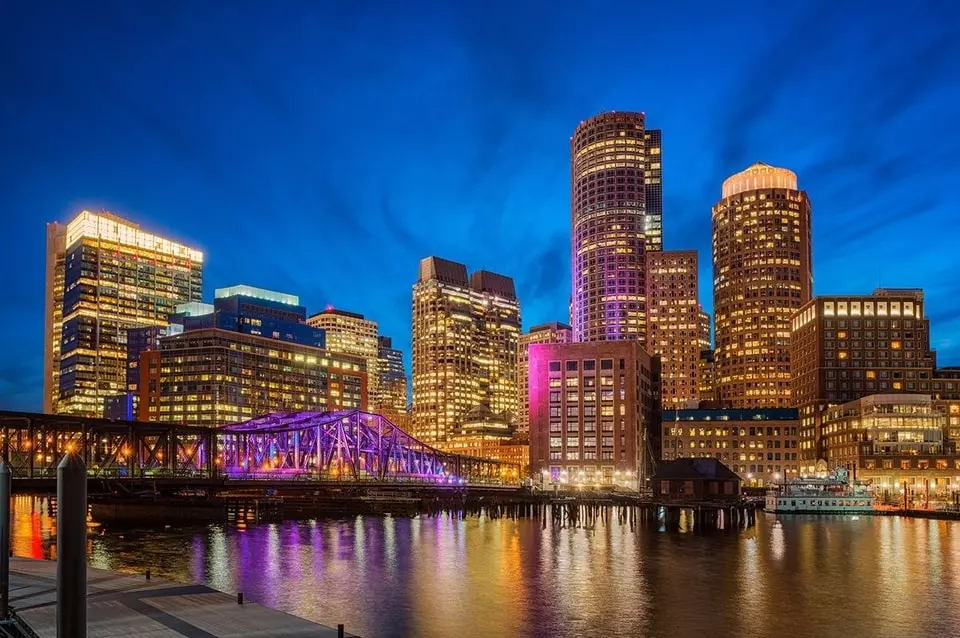 The beginning of the week saw the Massachusetts Gaming Commission (MGC) rule that Wynn Resorts plans for further development in very close proximity to Encore Boston Harbor will not be subject to its jurisdiction or oversight. The state’s gambling regulator, however, imposed a number of conditions on the gambling operating license of the Everett casino in order to satisfy concerns some other authorities raised in terms of the project.
The beginning of the week saw the Massachusetts Gaming Commission (MGC) rule that Wynn Resorts plans for further development in very close proximity to Encore Boston Harbor will not be subject to its jurisdiction or oversight. The state’s gambling regulator, however, imposed a number of conditions on the gambling operating license of the Everett casino in order to satisfy concerns some other authorities raised in terms of the project.
Several days ago, MGC commissioners agreed that the aforementioned development meets the first three criteria that are needed for it to be considered part of the official gaming establishment of the Everett casino, which made it a matter under the gambling regulatory body’s jurisdiction. However, the commissioners did not feel the fourth, and final, criterion, which requires the existence of regulatory interest in the proposed development, was actually met.
The general counsel of the Massachusetts Gaming Commission, Todd Grossman, explained that the aforementioned conditions were important, and they needed to be essentially addressed.
At the first phase of the planned development along Everett’s Broadway, Wynn Resorts is planning to establish a live entertainment venue with 999 seats, restaurant space on 20,000 square feet, a parking garage featuring 2,200 spaces, as well as a 400-foot pedestrian bridge connecting the $2.6-billion Everett Casino, which started operation in 2019, with the new development. The later phases of the construction works are set to include 2 hotels, a brewpub or brewery, etc.
Although it has been approved by the local Gaming Commission, Wynn Resorts’ development is still part of Everett authorities’ planning process. It will have to pass a review under the Massachusetts Environmental Policy Act (MEPA). An official of the MGC further noted that future phases of the planned development will also need the Commission’s approval.
New Development Close to Encore Boston Harbor Not Subject to the Gambling Regulator’s Jurisdiction
 Last week, Chair Cathy Judd-Stein shared that she expected the commission members would need a few weeks before they could draft and circulate conditions. However, the gambling regulator’s general counsel and head of community affairs surprised everyone with a list of 7 conditions drafted and ready to be considered at the Commission’s meeting at the beginning of the week. Commissioners made a few minor edits to the already prepared drafts.
Last week, Chair Cathy Judd-Stein shared that she expected the commission members would need a few weeks before they could draft and circulate conditions. However, the gambling regulator’s general counsel and head of community affairs surprised everyone with a list of 7 conditions drafted and ready to be considered at the Commission’s meeting at the beginning of the week. Commissioners made a few minor edits to the already prepared drafts.
Reportedly, two of these conditions are supposed to address the concerns of the Massachusetts Gaming Commission regarding the live entertainment venue that is planned as part of the new development unveiled by Wynn Resorts. Two other conditions require Wynn Resorts to submit security plans for the parking garage and pedestrian bridge that are set to be built as part of the construction, while one suspends the proposed development’s employees from accessing the restricted gaming-related spaces. Another one of the 7 conditions would require Wynn Resorts to inform the gambling regulator about plans for any future developments in the same area ahead of time. Under, the last one of the conditions, the company would have to review its MEPA.
The senior vice president of Encore Boston Harbor, who is also the venue’s general counsel, Jacqui Krum, told the gambling regulator that the company is “agreeable to all the conditions”. Ms. Krum also noted that the casino company would address the Commission shortly with its plans after the conditions had been approved.
Under the aforementioned conditions, Wynn Resorts is required to submit a pedestrian bridge plan covering a number of requirements associated with the nearby casino. The company also needs to file a security plan for the parking garage with the Massachusetts Gaming Commission no less than 60 days before the opening of the venue.
The last few months have seen Wynn Resorts argue that the planned development should not be subject to the jurisdiction of the state’s gambling regulatory body. At the same time, the members of the Commission have noted they were trying to be careful and find a balance between the broad oversight powers given to them and the economic development objectives that were associated with the 2011 expanded gambling legislation.